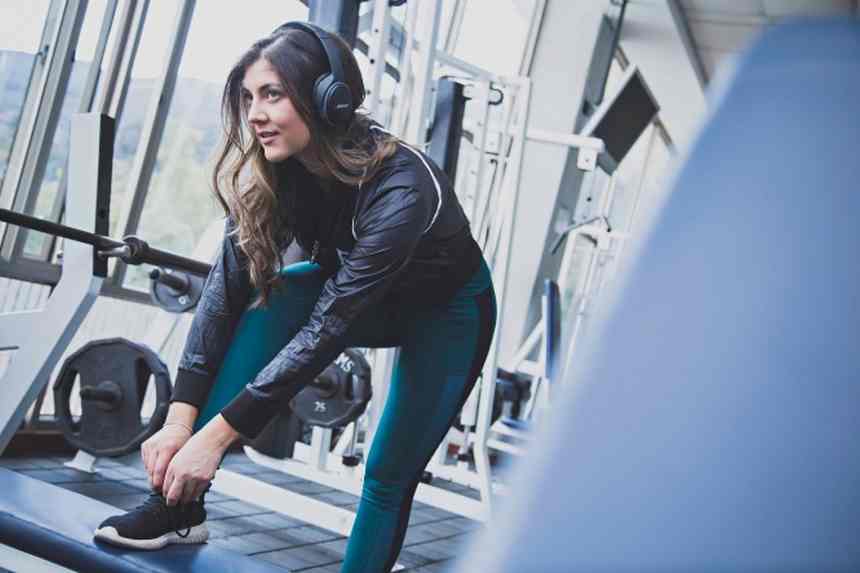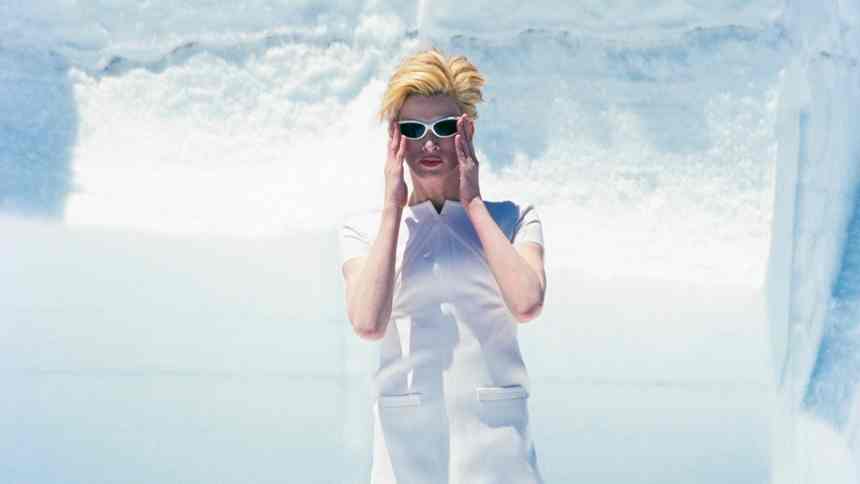Plunging into a pool of ice cold water sounds pretty good right now, doesn’t it? As temperatures peak and we are reduced to sweaty puddles of our former selves, fantasies of cooler environments start to consume us. But would you actually try submerging yourself in an ice bath?
You may know of Wim Hof through one of his passionate acolytes, or from his appearance on wellness warrior Gwyneth Paltrow’s The Goop Lab on Netflix. Known as the “Iceman”, he is the brains behind the eponymous Wim Hof Method, which posits that, alongside breath and mindset work, exposure to the cold is key to building our resilience to stress. His argument? It helps us feel cool (no pun intended), calm and collected. Hof does it all – icy sea swimming, cold showers, even “snow-ga” sessions – and he wants the rest of the world to do it, too.

8 Ways To Keep Skin Cool In A Heatwave
8 Photos
View Gallery
It might all sound a bit extreme, but there is a reason why professional athletes frequently incorporate ice baths into their recovery programmes. “Cold water immersion reduces inflammation in the muscles by constricting our blood vessels,” says Nike master trainer, Luke Worthington. “When someone has exercised past the point of optimal training, and therefore created more than the optimal amount of damage to the muscles – after a marathon or contact team sports, for example – ice baths are great and take excess inflammation down.” However, he also notes that they are not essential. He cites adequate sleep, good nutrition and the smart use of low-intensity active recovery exercise (like restorative yoga) as favourable options.
It’s not just a physical thing, either. In a very obvious example of mind over matter, enduring icy water – whether it’s a 20 minute bath or two-minute freezing cold shower – takes willpower. Making it to the other side can serve as a reminder that you can do anything you want, should you put your mind to it. “Immersion in cold water also releases catecholamines [hormones like adrenaline and dopamine], which means you come out of it feeling more alert and awake, and better able to concentrate,” Worthington says. “It can really help offset that feeling of lethargy and sluggishness brought on by a heatwave.”
George Veness, the founder of boxing gym Jab, made cold showers a prominent part of its Fight Week (run remotely from home due to the lockdown) recently, encouraging followers to start the day with a stint in cold water, a boxing-based workout, and positive affirmations. “I personally take cold showers every day to reduce inflammation, speed up my metabolism and get mental clarity,” he says. “It’s an incredible way of teaching our bodies to handle stressful situations.”
Just like Veness, many others attest to cold water’s positive effects on their mental health, with scientists finding that the body’s (understandable) stress response to being submerged in cold water (raised blood pressure and heart rate, to name two effects), is reduced after just a few spells in water that’s below 15C. Put simply, introducing a little ice water shock therapy into your life could do as much for your mind as it does your body.
Try upping the amount of time you spend in a cold shower each day, beginning at 15 seconds and challenging yourself to up it. Remember to breathe through the – admittedly difficult – first few sessions. But note: “They’re not a great idea before bed, even on a hot night, as you’ll come out feeling energised and alert,” warns Worthington. “They are, however, a good alternative to coffee, so try one in the morning, or on your lunch break if you’re working from home.” The ultimate chill pill.
More from British Vogue:








